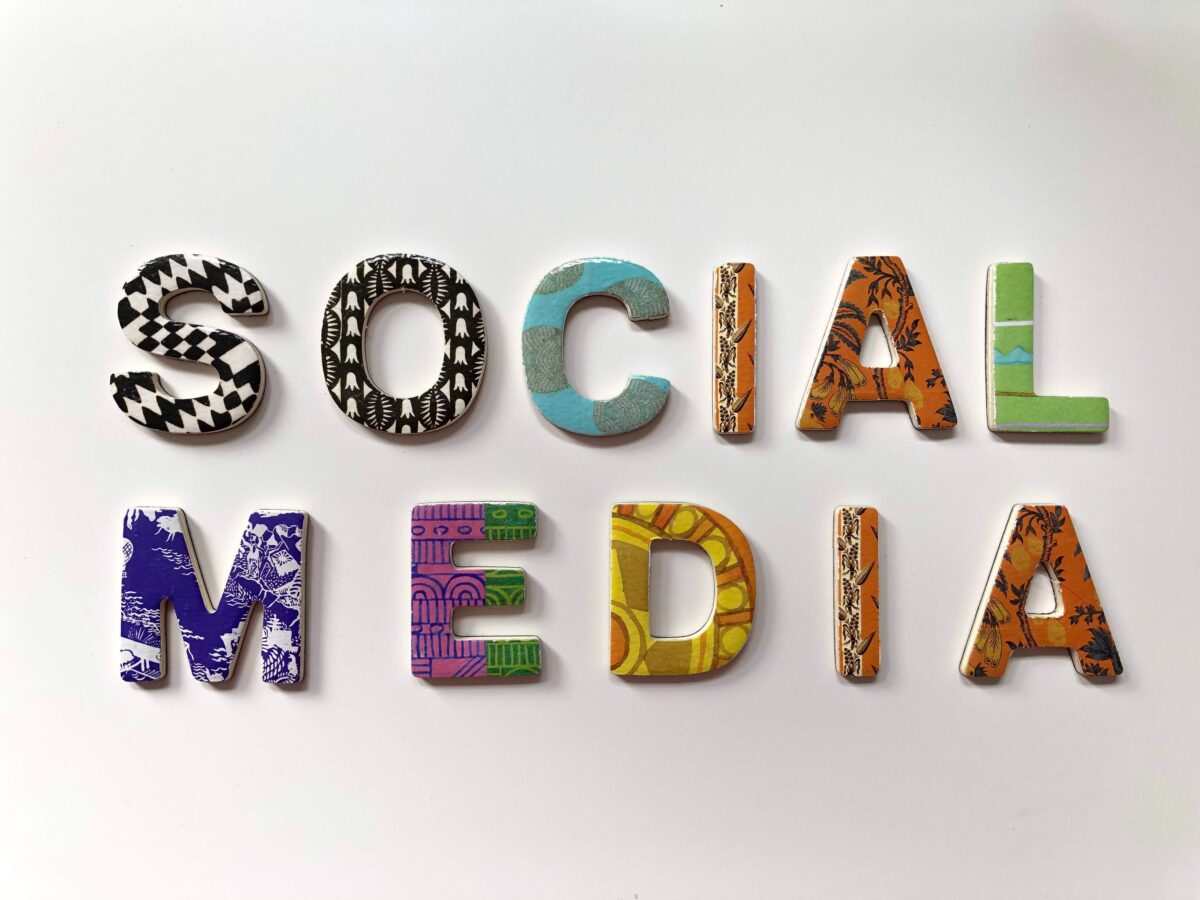Social media negativity is a fact of life for both individuals and brands.
As a brand, however, you want to make sure that you handle any negative comments appropriately. Any misstep can become a problem for your business.
About 94 percent of consumers admit that they will avoid a business that has a negative review. And negative reviews don’t just happen on platforms like Yelp. They occur across social media as well, whether it’s a formal Facebook recommendation, an informal Instagram post tagging the business and sharing the customer experience or simply a negative comment on one of your brand posts on any social media channel.
The following are five ways to handle social media negativity related to your brand, regardless of whether it’s a negative review, negative comment or something else.
Always respond to negative comments or posts
First things first, you should always respond to any social media negativity directed toward your brand. If you avoid them, they can snowball into the perception that your brand doesn’t care.
Address the negativity quickly, be apologetic, polite and offer to move into a private communication channel in order to address the issue in more detail. (That way, your audience knows you’re handling the issue, but the related details remain private between you and the customer.)
Of course, your team shouldn’t have to guess when and how to respond to social media negativity. You can start by crafting templated responses that address common frequently asked questions so that everyone is on the same page. Identify which questions come up from your customers the most (as well as any positive and negative feedback you expect to get or have seen in the past). You can then plan out a few responses to any given negative situation so that you have different templated options available.
Just make sure that you update these templated responses from time to time. And, in addition, always personalize a templated response for the user you’re responding to. It can be as simple as using his or her first name and summarizing his or her complaint to show that you are listening before you apologize and offer a way to help.
Use facts (not emotions) when responding
As a brand, you must remove all emotion out of your response to social media negativity, which can easily be upsetting or angering. Stick with your templated responses (personalized as needed), and leverage facts to address any potentially misleading information.
Remember, while you’re responding to a particular user, you’re also addressing your entire audience who can see your response. Keep the facts simple and straightforward to clear up any confusion that could have been caused by the user’s social media negativity.
Never delete negative comments
If you delete negative comments, you risk angering people even more and looking like you have something to hide.
Neither is good for your brand.
Respond instead of delete. Of course, if there’s a specific internet troll who is harassing your brand (and there’s no private or public remedy to be had), there are tools across platforms where you can report the post or comment, report abusive users and even ban them from engaging with your account.
Always report harassment
Speaking of wayward, abusive trolls, there is a fine line between criticism and harassment.
While Facebook, Twitter and Instagram all have community guidelines regarding user behavior that you should be familiar with, you should also post your own “rules of conduct” related to your social media presence and your online community. Keep your guidelines direct and clear.
If there is a user that is being abusive and making the rest of your audience uncomfortable, you should consider the next steps of reporting and banning, as available on the social media channel it’s happening on.
Depending on the harassment, you may need to involve your legal team on a case-by-case basis.
Learn from your mistakes
No one is perfect, including your brand. If social media negativity has brought an issue to light, consider it an opportunity to fix it. In that sense, negative comments and posts can be a true source of information regarding a problem with your product, your customer service or something else that could be happening on a larger scale.
If this is the case, then you’ll want to include in your response that a mistake was made that you want to fix and whatever steps you’re taking to resolve the issue.
Over time, this sort of responsiveness and follow-through will benefit your business moving forward.
In conclusion
Social media negativity can feel daunting, but as a brand, it’s inevitable that you’ll have to address it. View it as an opportunity to engage with upset users or customers and turn them into brand supporters due to your proper handling of their issue.
Check out our 11 tips to best respond to negative reviews specifically.
As you make a plan to better address social media negativity, consider optimizing your digital marketing process, which includes automation, audience segmentation and enhanced email marketing capabilities, to name a few. DailyStory can help. Schedule your free demo with us today.

